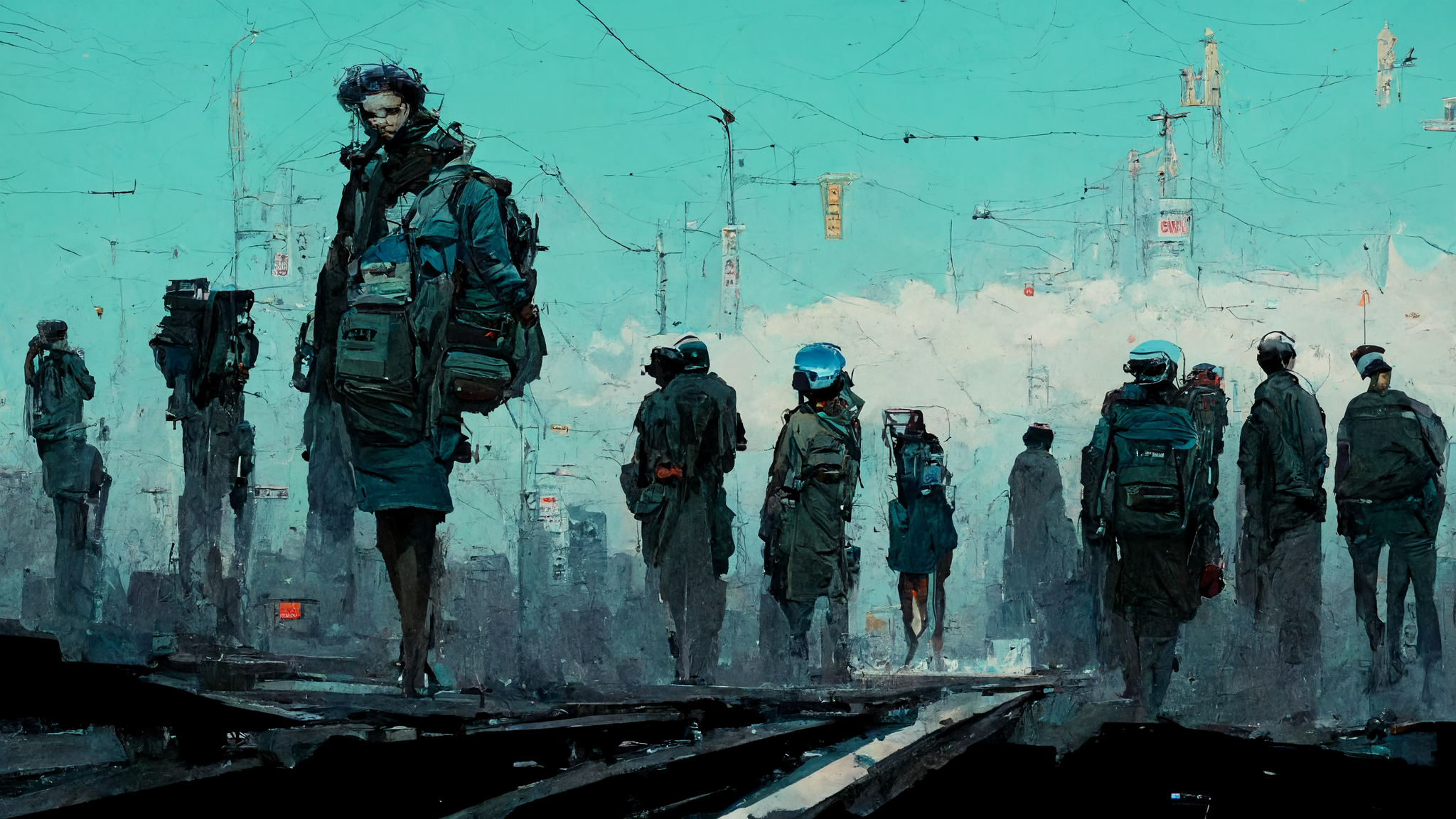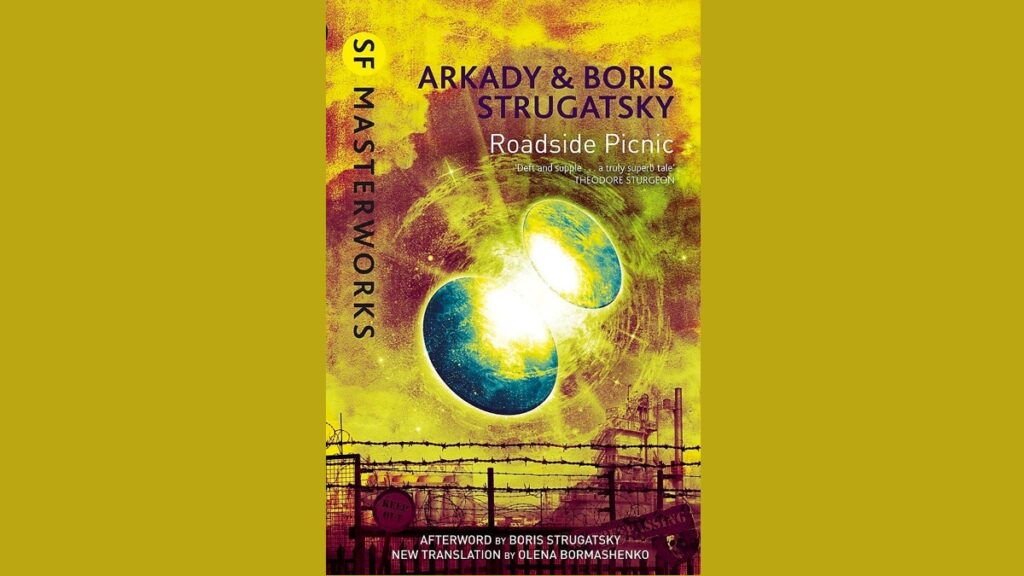I am so glad I started off this year by reading Children of Time by Adrian Tchaikovsky. This book has been on my radar for so long, but I never picked it up because I am not much of a big fan of biology-centered stories. For the last few months, I had been struggling with finishing any book, and this one, surprisingly, managed to keep me turning pages till the very end. Boy, was I wrong. This book is not just about biology; this book is so much more than that.
There will be spoilers in this review.
Premise
It all started with a terraforming project gone terribly wrong. The original plan was to release a barrel of primates onto a terraformed planet along with a type of nanovirus that would accelerate their evolution. If things go according to plan, in the future, humans will have highly intelligent species opening arms to them on this planet, treating them as close kins.
However, because of a conflict on the ship, the monkeys are burned to ashes, and the spiders on the planet are infected with the nanovirus.
Back on Earth, the humans are not having a great time either. Wars, chaos, destruction, over thousands of years, have nearly eradicated the human civilization. Those who survived scavenge old knowledge from the ruins and rise as a new but frail empire. Earth is not inhabitable anymore. The last remnants of humanity set out to find a new home, a new planet.
Then, they discover the planet already prospered with the spider civilization.
Review
For those who are intimidated by hard sci-fi, Children of Time is relatively easier compared to other popular hard sci-fi, such as Three-Body Problems or Revelation Space. It is neither a concept nor a character-driven story, more like something in between. When Tchaikovsky introduces a concept, he shows them through the actions the characters take and the impact on them, making them more relatable and understandable to the readers. I was surprised that I felt a connection with some characters in a book labeled as hard sci-fi that is usually concept-driven.
By going back and forth between the humans’ and the spiders’ POV spanning thousands of years, we get to experience two different races struggling to survive in their own way. The people on Gilgamesh (a ship that houses generations of ship crews, including the protagonist) have to deal with limited resources on a dying ship, and the spiders have to adapt and survive on a planet full of competitors. I really appreciate the POV change as it allows me to dive into their minds and understand them on a deeper level. In the end, I found myself in a dilemma because I had rooted for both races and I did not want any of them to meet extinction under any circumstances.
I love how the novel emphasizes the evolution progress of the spider race from barbaric hunters to a civilized society, and how they rose into a technological advanced empire with their unique culture and social structure instead of rushing the readers toward the ultimate conflict between the spiders and humans. Through this lens looking into the world of the arachnids, we get to understand them as sentient beings instead of lowly invertebrates, which reflects the theme of this novel: coexist in harmony.
Children of Time has one of the most satisfying endings ever in the books I have read in the past. A war is avoided, and both races have come to terms with each other’s existence in a brilliantly executed way. Throughout the mankind history, humans have the tendency to fall into an old pattern of ways of destroying things, and learning the importance of coexistence is something we probably need to prevent further destruction, just like what happened to the long-dead Earth in the book.
I rarely have no criticism for a book, and Children of Time happens to be one.
Conclusion
If you are seeking a book that covers evolution, consciousness, religion, social structure, and mind uploading, etc., Children of Time should definitely be your next read. Enjoy the ride!

